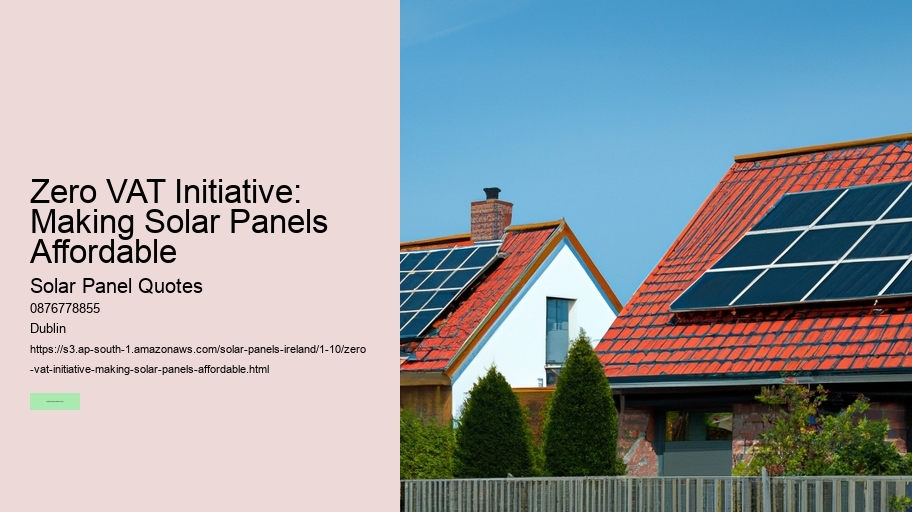

Thin-film solar cells may be suitable for unique roof configurations or areas with partial shading. Additionally, solar panels can fulfill up to 70% of a household's electricity and water heating needs, further enhancing their cost-effectiveness. Solar panel installation in Ireland has become increasingly popular, but understanding the full cost of these systems is key to making an informed decision.
The environmental benefits of solar panels are just as compelling as their financial advantages. This shift benefits not only your household but also the planet, advancing efforts toward a cleaner, greener future.
Choosing solar energy is not just about lowering electricity bills; it's about embracing a sustainable lifestyle. The cost of solar panels in Ireland typically ranges between €6,000 and €18,000. looking for the cheapest solar panel ireland cost then checkout solar panel quotes.
In terms of cost-effectiveness analysis, solar panels prove to be a sound investment. When discussing solar panel installation in Ireland, the cost is often a primary consideration.
Maintenance requirements for solar panels are minimal. Energy storage is another important consideration when evaluating solar panel costs. By harnessing sunlight, households reduce their carbon footprint and contribute to Ireland's goals for reducing greenhouse gas emissions.
The Sustainable Energy Authority of Ireland (SEAI) offers grants up to €2,400 for solar PV installations. The potential savings on electricity bills alone can be substantial, with the average Irish home saving up to €1,000 annually.
Solar panel installations also enhance the value of properties. While these panels tend to cost slightly more, they offer long-term energy savings.
In addition to powering appliances, solar panels can be integrated with water heating systems, reducing reliance on electric heating or gas-powered boilers. Modern photovoltaic systems offer more than electricity generation.
Most systems come with warranties of 20 to 25 years, and their actual lifespan often exceeds this period. Polycrystalline panels are more cost-effective and still deliver good performance, making them a popular choice for residential installations. By embracing this technology, you not only reduce electricity prices but also contribute to sustainable energy practices and efficient energy use, ensuring a brighter future for your home and the planet.
Beyond electricity generation, solar panel systems can support additional applications such as solar water heating. Additionally, the removal of VAT on solar panels in 2023 has further reduced costs, making solar energy a more affordable investment for households.
By adopting renewable energy, homeowners reduce their reliance on traditional power systems, lower energy costs, and contribute to a cleaner planet. For homeowners in Ireland, solar panels represent a practical, cost-effective solution to rising energy costs and environmental concerns.
The payback period for solar panels in Ireland typically ranges from five to seven years, depending on the size of the system, energy consumption, and available grants. With advancements in technology, government incentives, and decreasing costs, transitioning to solar power is an investment in a cleaner, more energy-efficient future.

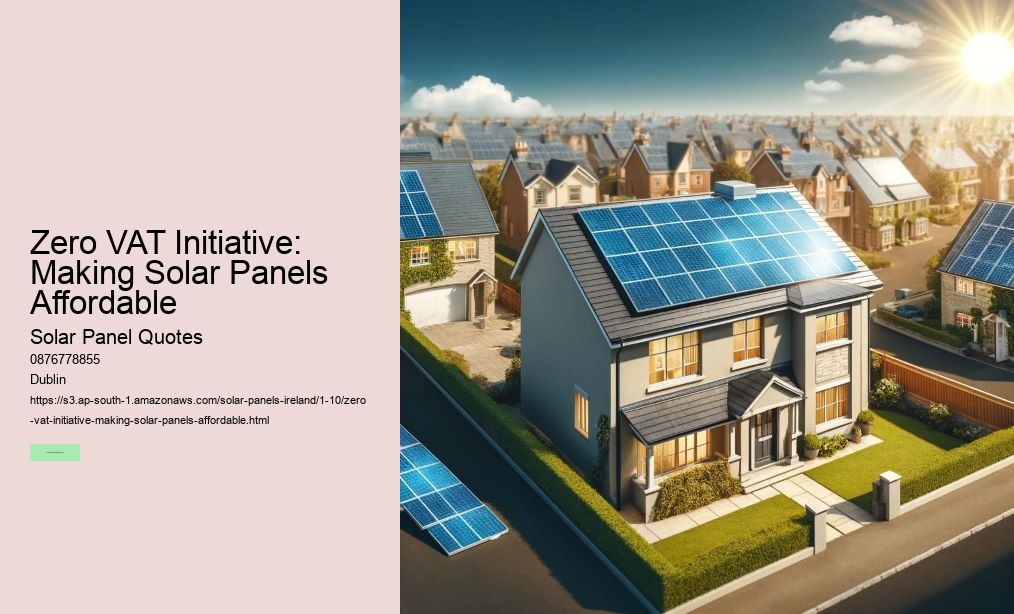
Modern panels, including those made from monocrystalline and polycrystalline silicon, efficiently convert available sunlight into electricity, even in overcast conditions. Investing in solar energy offers significant benefits, from reducing electricity bills to promoting environmentally friendly practices. Regular cleaning to remove dirt or debris and occasional inspections to ensure optimal performance are generally sufficient.
By producing their own electricity, they reduce dependence on the electrical grid and contribute to Ireland's sustainable energy development. Most panels come with warranties of 20 to 25 years, but their lifespan often extends beyond that.
Monocrystalline panels, known for their high efficiency, are ideal for properties with limited space, as they produce more electricity per square meter. Energy consumption varies across households, so the system size is a critical factor in determining costs.
For homeowners in Ireland, the cost of installing solar panels typically ranges from €6,000 to €18,000, influenced by factors like system size, energy needs, and additional components. Microgeneration, the production of electricity on a small scale, is a key advantage of solar panel systems.
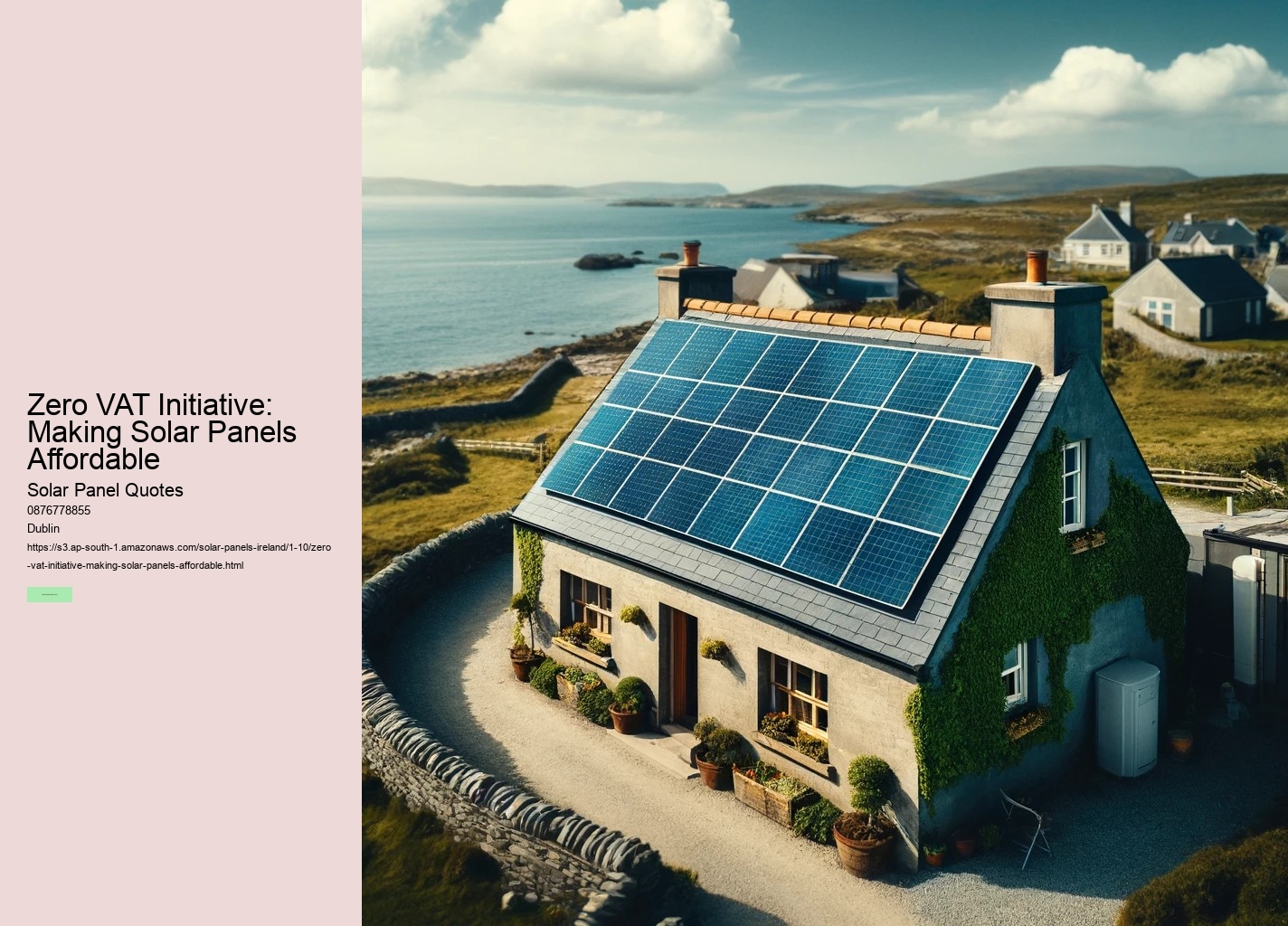
In conclusion, the cost of solar panels in Ireland is a worthwhile investment for those seeking long-term energy savings, environmental benefits, and enhanced property value. In addition to financial benefits, solar panels contribute to lowering greenhouse gas emissions and reducing the carbon footprint of homes and businesses. The Sustainable Energy Authority of Ireland (SEAI) offers grants of up to €2,400 to help offset installation costs.
These figures depend on various factors, including the size of the photovoltaic system, the type of solar cells used (monocrystalline silicon, polycrystalline silicon, or thin-film solar cells), and additional features like energy storage and shading optimizers. Beyond the financial savings, you contribute to a cleaner, more sustainable future by reducing greenhouse gas emissions and supporting renewable energy development.
Solar panels are more than an environmentally friendly choice-they offer significant long-term savings and a chance to reduce dependence on traditional energy sources like fossil fuels. greenhouse gas emissions Monocrystalline panels are ideal for maximizing energy production in smaller spaces, while polycrystalline panels offer a cost-effective solution with reliable performance.
By harnessing sunlight to generate electricity, solar panels reduce reliance on fossil fuels, lower greenhouse gas emissions, and decrease the carbon footprint of households. Furthermore, households can generate up to 70% of their energy needs through solar power, further decreasing reliance on the electrical grid.
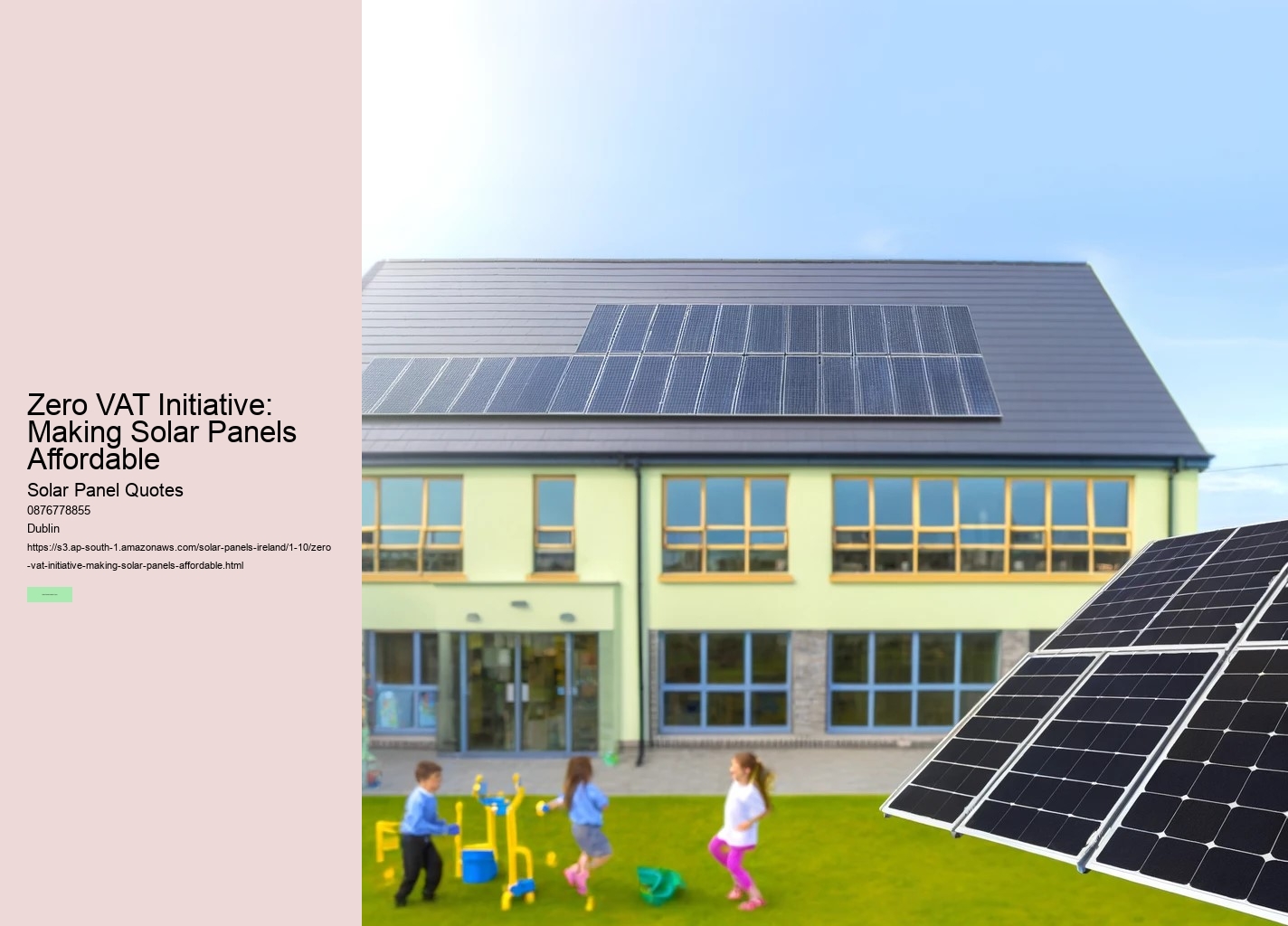
By harnessing sunlight to generate electricity, solar systems decrease reliance on fossil fuels and support the shift toward renewable energy sources. Another significant advantage of solar panels is their positive environmental impact. water heating By integrating solar panels into the national grid, homeowners contribute to the growth of renewable energy in the country.
In conclusion, solar panels are a smart investment for Irish homeowners looking to reduce energy costs, embrace renewable energy, and contribute to a sustainable future. While adding a battery increases the initial investment, it enhances energy independence and long-term cost savings.
Many systems come with warranties lasting 20 to 25 years, providing long-term support and assurance for homeowners. Solar power systems are designed to integrate with various technologies, including smart meters and inverters, to convert the direct current produced by solar panels into alternating current for household use.
By choosing solar panels, you contribute to a brighter, cleaner future for yourself and the planet. These initiatives align with Ireland's commitment to reducing greenhouse gas emissions and promoting renewable energy use.
A photovoltaic system provides multiple benefits beyond electricity generation. Homes equipped with renewable energy systems like rooftop photovoltaic systems or solar thermal collectors are more attractive to buyers, offering reduced energy costs and an environmentally friendly footprint. The Sustainable Energy Authority of Ireland (SEAI) offers grants of up to €2,400 for solar PV installations, significantly reducing upfront expenses.
The integration of solar panels with other modern technologies, such as smart meters and energy-efficient appliances, creates a cohesive energy ecosystem. This range varies depending on factors such as the size of the photovoltaic system, the type of solar panels used, and additional features like batteries, inverters, or optimizers to counteract shading.
After the payback period, homeowners enjoy up to two decades of reduced or free electricity. For properties with limited roof space or shading challenges, thin-film solar cells or shading optimizers can enhance energy efficiency.
Solar panels also integrate seamlessly with other energy-efficient technologies. These supports align with Ireland's commitment to sustainable energy development and reducing greenhouse gas emissions.
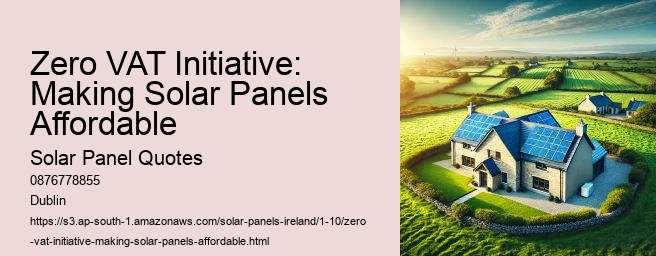
Yes, installing solar panels can increase home value by improving energy efficiency and attractiveness to potential buyers who value sustainability.
Yes, there are several financing options available in Ireland for solar panel systems, including loans, leases, and Power Purchase Agreements (PPAs).
Yes, given the rising cost of electricity and the availability of government incentives, solar panels are a financially sound and sustainable investment in Ireland.
Monocrystalline solar panels offer high efficiency and longevity, making them ideal for maximizing output in areas with limited space.
Solar panels require minimal maintenance, primarily involving regular cleaning and periodic checks to ensure they are functioning optimally.
Yes, the Irish government offers several incentives, including SEAI grants and a reduction in VAT on solar equipment to promote solar energy adoption.